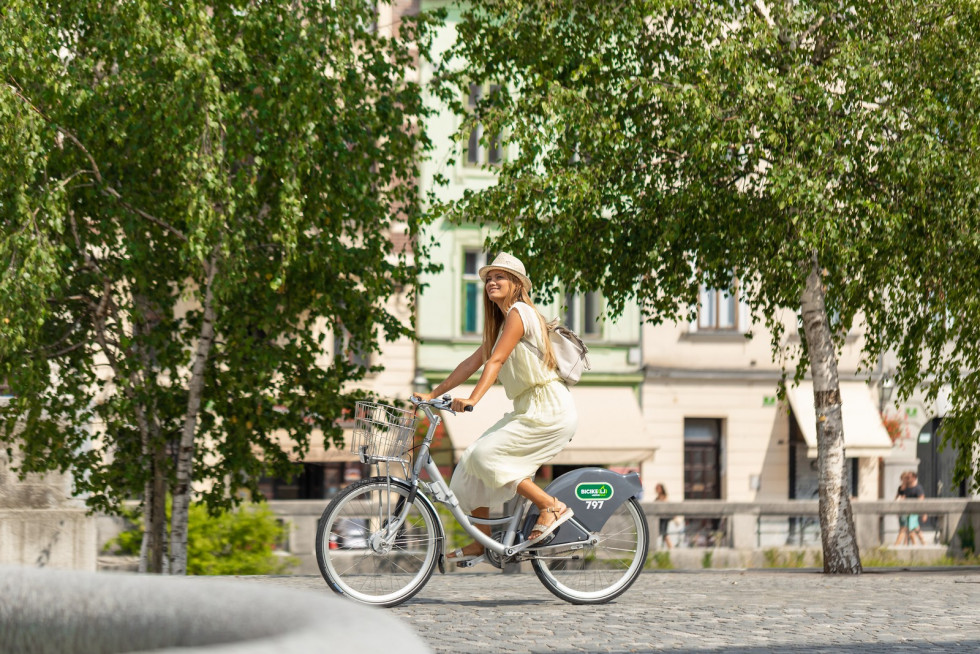European Mobility Week calls for choice of cleaner mode of transport this year
For quite some time now, large cities have been facing problems due to excessive traffic, noise and air pollution. After realising that car traffic is one of the greatest polluters, the "In town without my car!” (also known as Car-Free Day) initiative was launched in France in 1998. Over the years, the initiative grew and the aim of raising residents’ awareness about the impact of their chosen means of transportation became increasingly important. The Car-Free Day operation evolved into the European Mobility Week. In the period between 16 and 22 September, the Europeans collectively advocate living in a cleaner and healthier environment.
The European Mobility Week will get under way in Slovenia on Wednesday urging residents to opt for green modes of transportation. Running until 22 September, the nationwide campaign will focus on kindergartens and schools given that no more than a quarter of youths walk or bicycle to school nowadays.
The initiative aims to cut back on road traffic, which is one of the major causes of air pollution worldwide, including in Slovenia. It accounts for as much as 70% of greenhouse gases produced by transport activities in the EU, show Statistics Office data.
Indeed, Slovenian roads are getting increasingly busier. In the past 20 years, the number of registered passenger cars increased by 35%, whereas the number of lorries surged by 117%.
As many as 78 municipalities of the 212 in the country will participate in the campaign, the Infrastructure Ministry has said, urging citizens to either walk, cycle or use public transport.
In Ljubljana, communities will hold various events, including cycling trips, hikes, workshops, courses and contests. Congress Square will host an exhibition dedicated to cycling culture in the capital.


